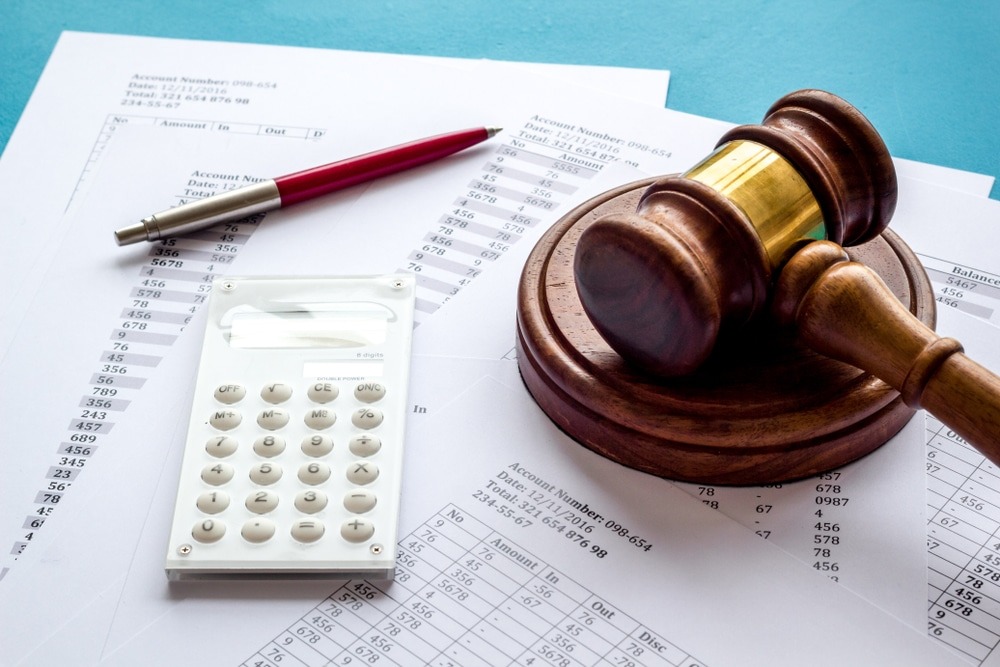
One key difference between Chapter 13 and Chapter 7 bankruptcy is that Chapter 7 allows people to completely eliminate their unsecured debt after a specific period. In contrast, Chapter 13 allows people to reorganize their debts while paying back some portion of what they owe. This is just one of many differences between the two forms of bankruptcy.
If your personal or business debt is overwhelming and you are considering filing for bankruptcy, it is critical to understand the different bankruptcy filing options you have available. You will need to know which option meets your needs and what you wish to accomplish when you file.
Chapter 7 and Chapter 13 Have Different Goals and Outcomes
While Chapter 7 and Chapter 13 both offer debt relief options, they go about it differently. Your unique financial standing will determine which one you can pursue.
Chapter 7 bankruptcy is sometimes called “straight bankruptcy,” while Chapter 13 is sometimes called “wage-earner’s bankruptcy.” Both types can provide filers with a fresh financial start once the debt is eliminated, and bankruptcy is discharged. However, neither option allows you to discharge certain tax responsibilities, child support, or alimony.
Chapter 7 Can Clear Unsecured Debts Faster
Chapter 7 bankruptcy, also known as liquidation bankruptcy, allows individuals who fall below certain income levels (with more debt than they can pay) to eliminate unsecured debt, such as unpaid credit cards and medical bills. By filing Chapter 7 bankruptcy:
- No repayment of your debt is required.
- Most people can retain all their assets.
- Qualifying debts are completely discharged.
Many people who file Chapter 7 bankruptcy do not have property covered by a bankruptcy exemption, meaning they usually get to keep all their assets.
Chapter 13 Requires a Repayment Plan
Chapter 13 is a reorganization bankruptcy. It allows individuals to restructure their debt. By filing Chapter 13 bankruptcy:
- Debt collection, vehicle repossession, and property foreclosures can be stopped.
- Past due mortgage payments can be caught up over time.
- Debt can be reduced and repaid in smaller amounts and over a longer period.
- Non-dischargeable debts can be reorganized but not eliminated.
Under Chapter 13 bankruptcy, you likely will get to keep your property, such as your home. However, you must repay creditors in an amount equal to the value of your property not covered by the bankruptcy exemption.
You make all payments to the trustee, who will then pay the creditors. This means you will have no direct communication with creditors after you’ve been granted Chapter 13 protection.
Defining Dischargeable and Non-Dischargeable Debt
One of the primary objectives of declaring bankruptcy is to get out from under debt that far exceeds your income. When you file for bankruptcy protection, your accumulated debts will fall into two categories: dischargeable and non-dischargeable debt. The U.S. Courts define these types of debt in the following manner:
- Some or all dischargeable debts can be eliminated through bankruptcy. Additionally, creditors will not be allowed to pursue discharged debts after you complete the bankruptcy process.
- Non-dischargeable debts cannot be eliminated by filing for bankruptcy. These debts can include alimony, divorce settlements, child support payments, certain taxes, and other debts owed to the government, as well as debts accrued because of criminal penalties.
Personal Injury Lawyer Near Me 828.286.3866
Eligibility Requirements Between Chapter 7 and Chapter 13 Differ
The eligibility restrictions for Chapter 7 and Chapter 13 bankruptcy are also different. Chapter 7 requires your current monthly income to be less than or equal to your state’s median income level. If not, you must pass a means test to determine whether you will have enough remaining income to pay your debts after covering essential expenses. If you do not pass the means test, you might be able to file for Chapter 13.
To qualify for Chapter 13 bankruptcy, you must have a regular income, unsecured debts under $419,275, and no more than $1,257,850 of secured debt (as of 2021). You will get to keep your property, but you must pay your unsecured creditors an amount that is equal to the value of your assets not covered by a bankruptcy exemption.
We Can Determine Which Filing Is Best for Your Situation
Credit repair is a stressful, overwhelming process for many people, which is why our clients turn to us for help. Our attorneys will help you navigate the process of filing for Chapter 7 or Chapter 13, avoiding costly mistakes that could put your debt relief at risk. We will also help you understand the benefits bankruptcy can provide your family and what your filing options are.
How Our Bankruptcy Attorney Will Help You File
When you hire a bankruptcy lawyer from our firm to manage your case, we will:
- Explain state and federal laws for the type of bankruptcy you want to file
- Ensure you understand the differences between Chapter 7 and Chapter 13, including the pros and cons of each
- Review your income and debts to determine which filing option works for your situation
- Explain how your assets, income, and property are affected
- Prepare your bankruptcy petition and compile essential financial documents showing your income, assets, and creditors owed
- File your petition and all paperwork with the court on time
- Attend creditor meetings with you
- Walk you through each step of the process and keep you informed with prompt updates
We help many people file for financial relief and aim to make it as manageable for them as possible. Our team will handle your entire case so you can have peace of mind as you start to rebuild your finances.


Call Farmer & Morris Law, PLLC, About Your Bankruptcy Filing
Farmer & Morris Law, PLLC, helps residents in North Carolina and South Carolina with filing bankruptcy. We offer free assessments so that we can give the most tailored guidance about this process.
When you meet with us, we will review the differences between Chapter 7 and Chapter 13 bankruptcy to find out which one you qualify for and answer your questions. Call us at (828) 286-3866 to get started or contact Rutherfordton bankruptcy lawyers from our firm.












